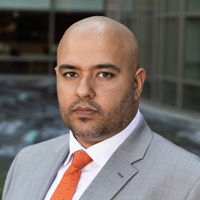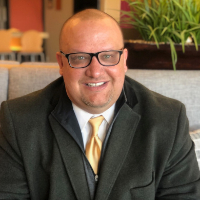Fresno Criminal Lawyer, California
Sponsored Law Firm
-
 x
x

Click For More Info:
-
Aghishian Law Corporation
16133 Ventura Blvd 7th Floor Encino, CA 91436» view mapCriminal Defense 30 Years Of Experience
Attorney Aghishian's in-depth experience and appreciation for the State of California make him uniquely qualified to advocate for the rights of his fellow Californian clients.
800-741-7170
Dennette Glenn-Boeve
✓ VERIFIEDCentral Valleys' most dedicated DUI and DMV lawyer. I will put on the gloves and fight for you. This charge does not have to ruin your life.
Sarwinder Singh Dhanjan
✓ VERIFIEDSarwinder Singh Dhanjan was born in Sanger, California and has continued to reside in Clovis, California since that time. From early in his childhood,... (more)
William Andrew Parry
✓ VERIFIEDSince 1999 William Parry has been fighting for his clients and achieving dismissals & the best results through hard work & attention to detail. He ser... (more)
FREE CONSULTATION
CONTACTFREE CONSULTATION
CONTACTFREE CONSULTATION
CONTACTFREE CONSULTATION
CONTACT Ara Aghishian Encino, CA
Ara Aghishian Encino, CA Practice AreasExpertise
Practice AreasExpertise



